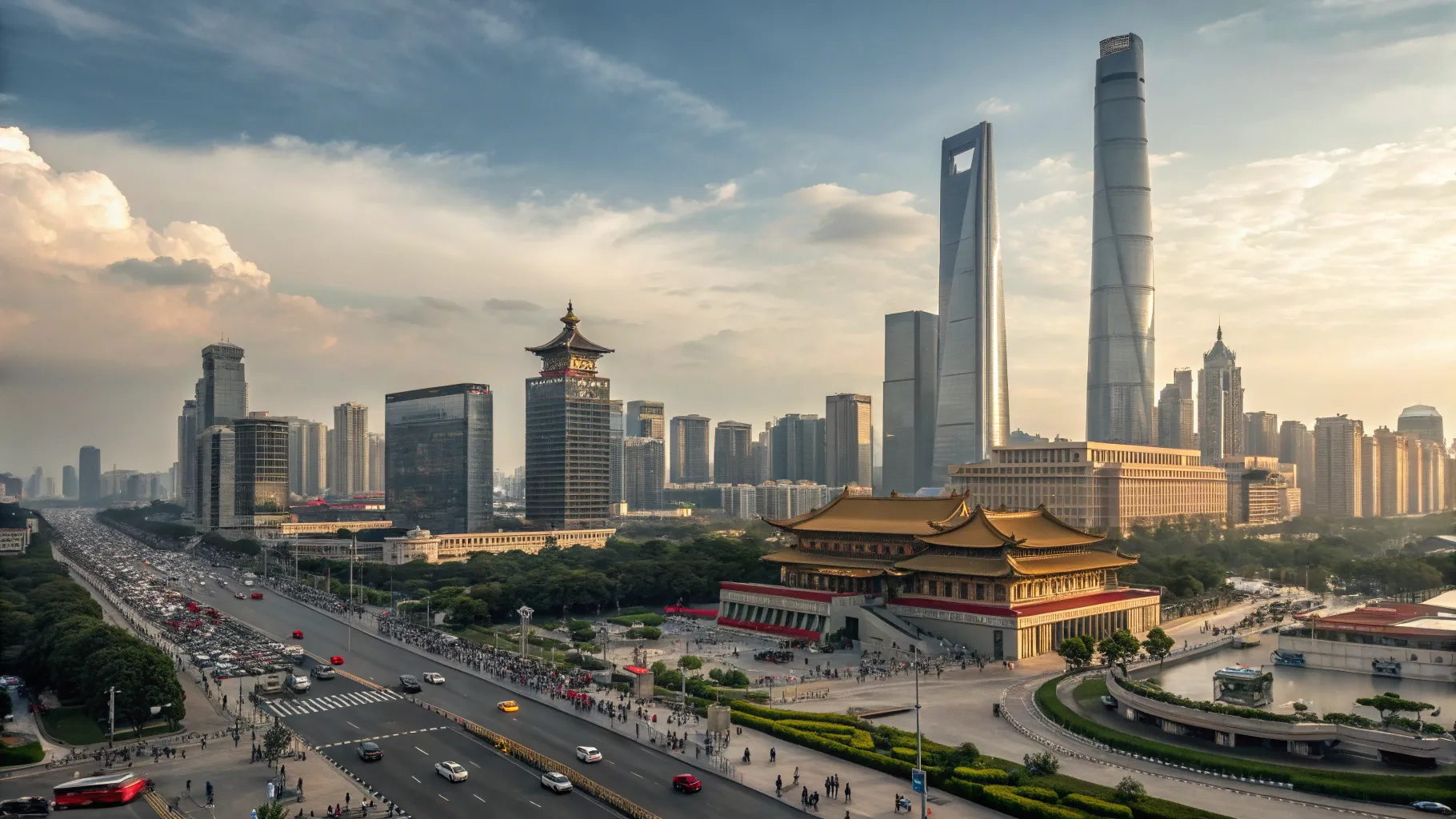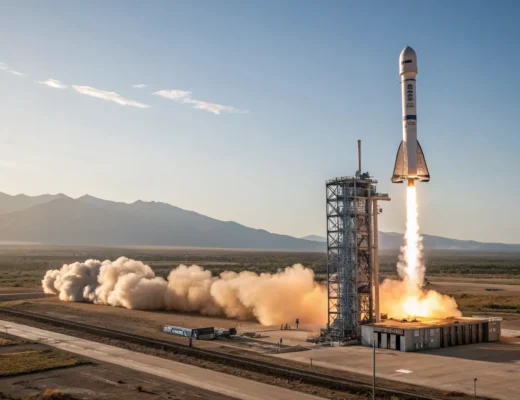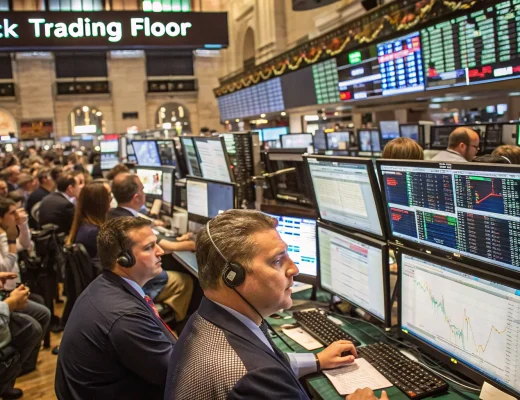China’s state-led economic model, which has produced remarkable growth for decades, is now showing signs of strain as costs accumulate despite continued strong performance in key sectors. The approach that transformed China into the world’s second-largest economy is facing new challenges that could threaten its long-term sustainability.
The Success Story
For years, China’s government-directed economic strategy has delivered growth rates that outpaced most major economies. This model, characterized by strategic state investments, industrial policies targeting key sectors, and government control over major enterprises, helped lift hundreds of millions out of poverty and established China as a manufacturing powerhouse.
The state-led approach allowed Chinese authorities to mobilize resources rapidly, develop infrastructure at unprecedented speed, and create national champions in industries ranging from telecommunications to renewable energy. These achievements have been particularly evident in areas like high-speed rail, where China built the world’s largest network in just over a decade.
Mounting Costs
Despite these achievements, the costs associated with China’s economic model are becoming increasingly apparent. The country faces several significant challenges:
- Rising debt levels that have reached nearly 300% of GDP, raising concerns about financial stability
- Inefficient allocation of resources as state-directed investments sometimes flow to less productive sectors
- Growing environmental damage from rapid industrialization that requires costly remediation
The property sector, once a primary growth engine, has become a major vulnerability. Developers face severe financial distress, and local governments that relied on land sales for revenue are struggling with budget shortfalls.
“The model that worked so well during the high-growth phase is showing diminishing returns,” said an economist who studies China’s economy. “The easy gains from industrialization and urbanization have largely been realized.”
Economic Imbalances
China’s growth strategy has created structural imbalances that are proving difficult to correct. Consumption as a share of GDP remains low compared to other major economies, while investment rates remain unusually high. This imbalance makes the economy vulnerable to external shocks and limits the potential for sustainable growth.
The heavy reliance on state-owned enterprises has also led to market distortions. Private companies often struggle to compete on equal terms with state-backed firms that enjoy preferential access to financing, licenses, and government contracts.
Youth unemployment has reached concerning levels, with many college graduates struggling to find jobs that match their qualifications. This represents both a social challenge and a waste of human capital in an aging society.
Reform Challenges
Chinese authorities recognize many of these issues and have repeatedly pledged to address them through reforms. However, progress has been uneven, with economic security and stability often taking precedence over market-oriented changes.
Recent policy signals suggest a renewed emphasis on the state’s role in the economy rather than a pivot toward greater market forces. This approach may provide short-term stability but could limit innovation and productivity growth in the longer term.
International tensions have further complicated reform efforts. As global supply chains shift and trade restrictions increase, China faces pressure to become more self-sufficient in key technologies and industries, potentially reinforcing state intervention rather than reducing it.
The demographic headwinds of an aging population and shrinking workforce add urgency to the need for a more efficient growth model that can generate prosperity with fewer resources.
As China navigates these challenges, the coming years will test whether its state-led model can evolve to address its mounting costs while maintaining social stability and economic progress. The outcome will have significant implications not only for China but for the global economy as a whole.







